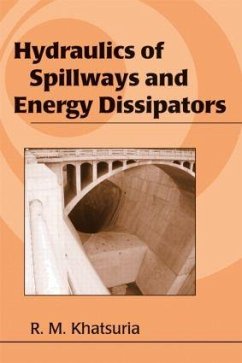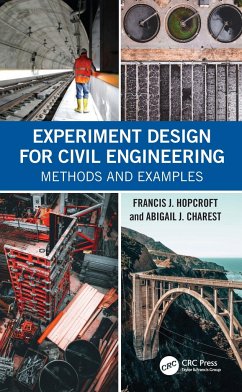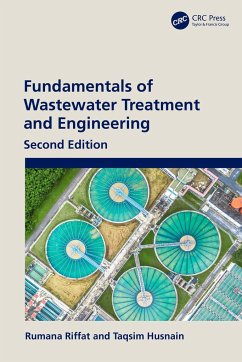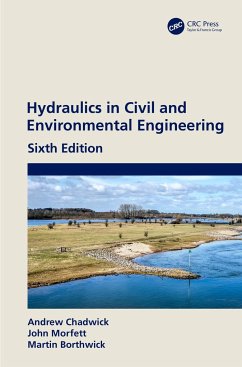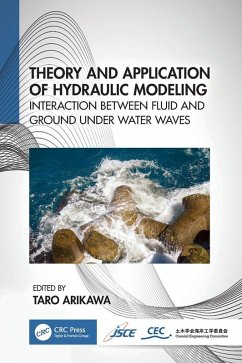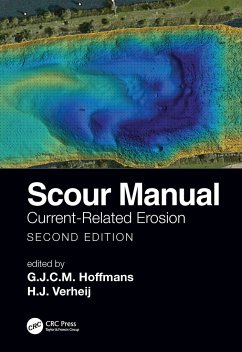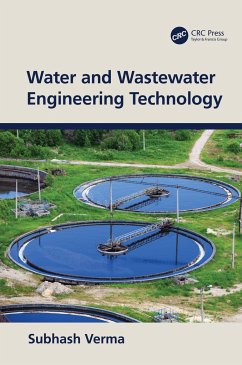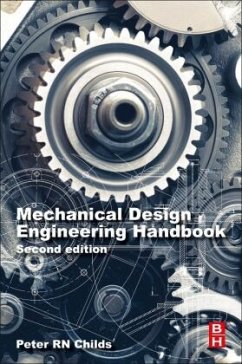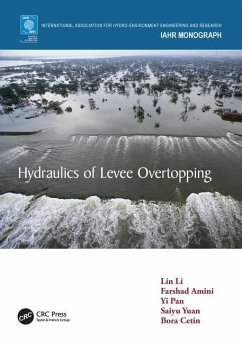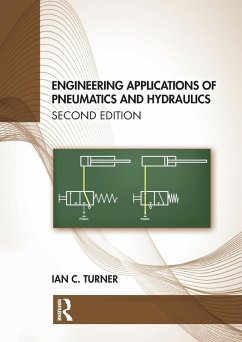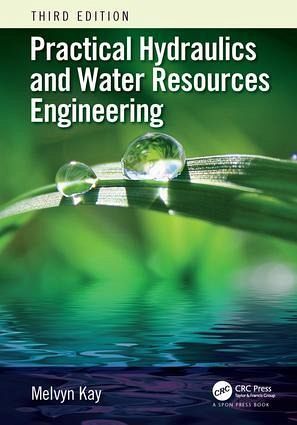
Practical Hydraulics and Water Resources Engineering
Versandkostenfrei!
Versandfertig in 1-2 Wochen
76,99 €
inkl. MwSt.

PAYBACK Punkte
38 °P sammeln!
Water engineering involves a range of issues - public water supply, agriculture, irrigation, energy, environment, and sustainable development - which all depend on basic hydraulics. This text suits a non-engineer: it is simple and practical and light on math, and uses 'stories' from the practice of water supply and sanitation, agriculture, energy, river engineering and in sustaining the aquatic environment. This third edition goes beyond hydraulic principles into water resources engineering and water planning and security, and explores pitfalls which can seriously affect future planning.





